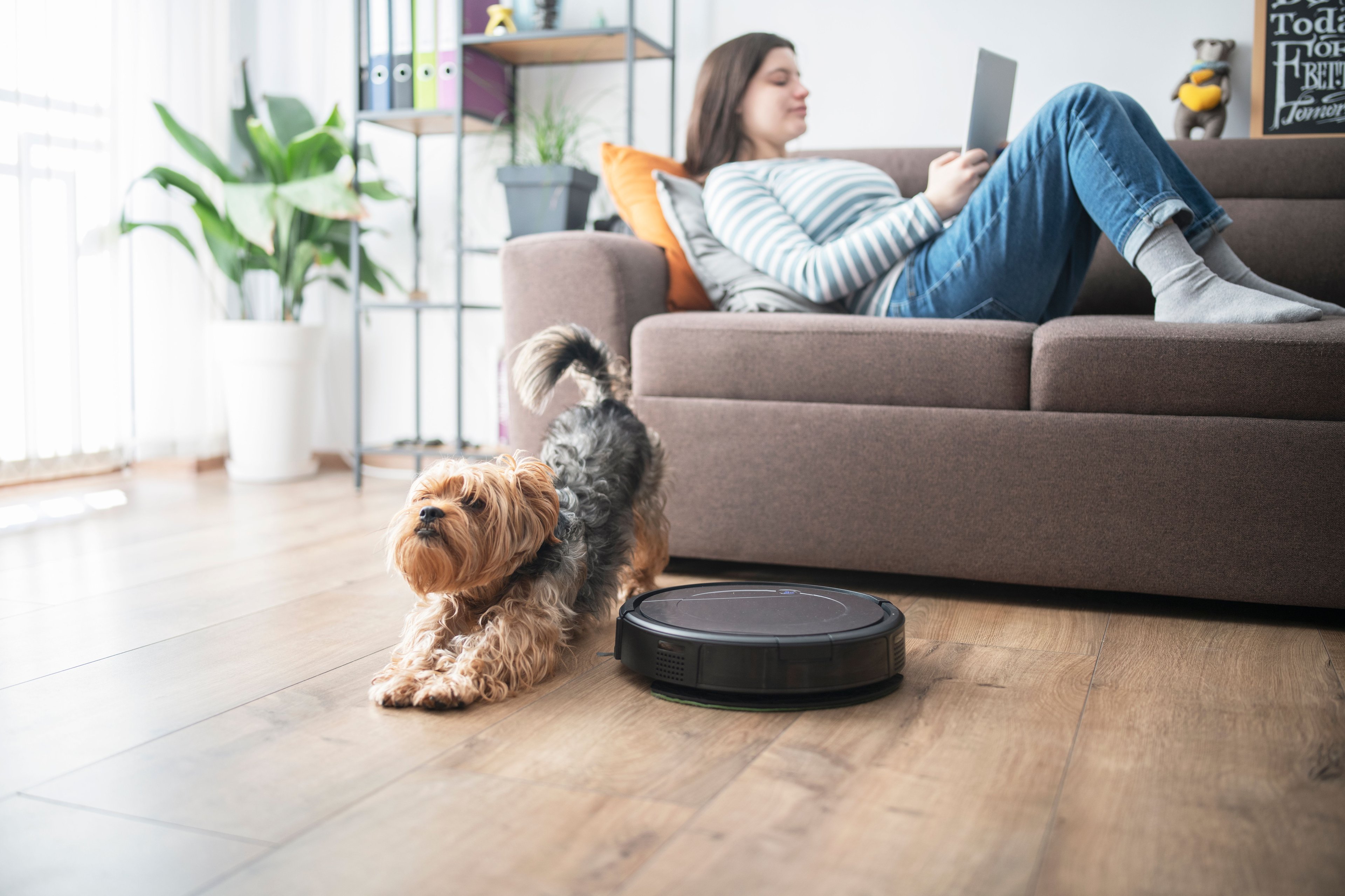Shares of iRobot (IRBT +0.00%) took an absolute beating yesterday following its quarterly report, plunging by more than 11% during intra-day trading before recovering some of those losses to close down around 5%.
But don't panic and hit that sell button just yet, because I think there are a number of reasons iRobot's future has never looked brighter.
Here's what they said
I can't blame our fickle market for panicking when it saw iRobot's revenue fall 1.5% to $124.5 million, which translated to significantly lower net earnings per share of $0.26. For reference, while analysts were hoping for higher sales of $127.35 million, earnings actually beat expectations of $0.24 per share.
Even so, iRobot also provided full-year revenue and earnings guidance below analysts' marks, saying they now expect fiscal 2013 revenue to come in from $485 million to $490 million, with earnings per share of $0.90 to $0.95.
For a stock that trades at nearly 40 times last year's earnings and 29 times next year's estimates, investors should expect both revenue and earnings to grow at a significantly higher clip, right?
What's more, I stated only a few months ago that one of the few things that would make me want to sell would be a significant slowdown in consumers' adoption of iRobot's Home Robot offerings. And remember, earlier this year the company said it expected Home Robot segment sales to grow by around 20% by the end of 2013, ultimately accounting for around 90% of all sales.
This quarter, iRobot said revenue from its Home segment grew just 16% year over year, which is down from 20% growth last quarter and from the 33% it reported this time last year. So why am I not running for the hills?
Here's why things aren't nearly as bad as they seem
For one, on the company's earnings conference call, iRobot CEO Colin Angle explained that shipments of floorcare robots -- which make up the vast majority of home robot sales -- grew 27% over last year. However, Home Robot revenue increased a lower 16% primarily because of the positive impact of a $7.7 million return accrual rate adjustment the company took in Q3 of last year.
Of course, last year's adjustment was also partially overshadowed by the fact iRobot had just announced its acquisition of Evolution Robotics, the integration of which is now officially complete and resulted in iRobot's newly branded Braava floor mopping and sweeping robots. Now, Angle noted Braava is seeing strong demand and sell-through in the 10 countries it's currently being sold. Better yet, iRobot is also planning to introduce Braava in China in Q4 of this year, and will continue rolling it out across most of Europe, the Middle East, and Africa through 2014.
In addition, despite the government shutdown, iRobot's scaled-down defense and security business continued to perform as expected, thanks largely to its efforts in targeting international markets as its primary source of D&S growth for now.
Finally, Angle also provided two significant updates with regard to the company's young Remote Presence business.
First, he said it shipped another 15 of its RP-VITA health-care robots last quarter, bringing the total number of units shipped to 60. For reference, that's a big increase from the dozen or so units about which iRobot boasted when it launched RP-VITA in seven hospitals only two quarters ago.
Second, iRobot is currently in discussions to sign its first distributor for the Ava 500 enterprise telepresence robot, which iRobot and Cisco jointly unveiled in June. As it stands, Angle says, Ava 500 is set to go into beta status by the end of this year with "at least five global 2,000 companies from various industries." Still, he cautioned that while iRobot expects Remote Presence revenue to "grow substantially" in 2014, it'll still represent less than 3% of overall company revenue next year.
Foolish takeaway
In the end, while I certainly wouldn't back up the truck for iRobot stock at today's levels, I found nothing particularly alarming about iRobot's quarterly results. To the contrary, iRobot is performing exactly as it promised, and its long-term growth story appears to remain firmly intact. As a result, I'm convinced investors would be wise to continue holding onto their shares.






